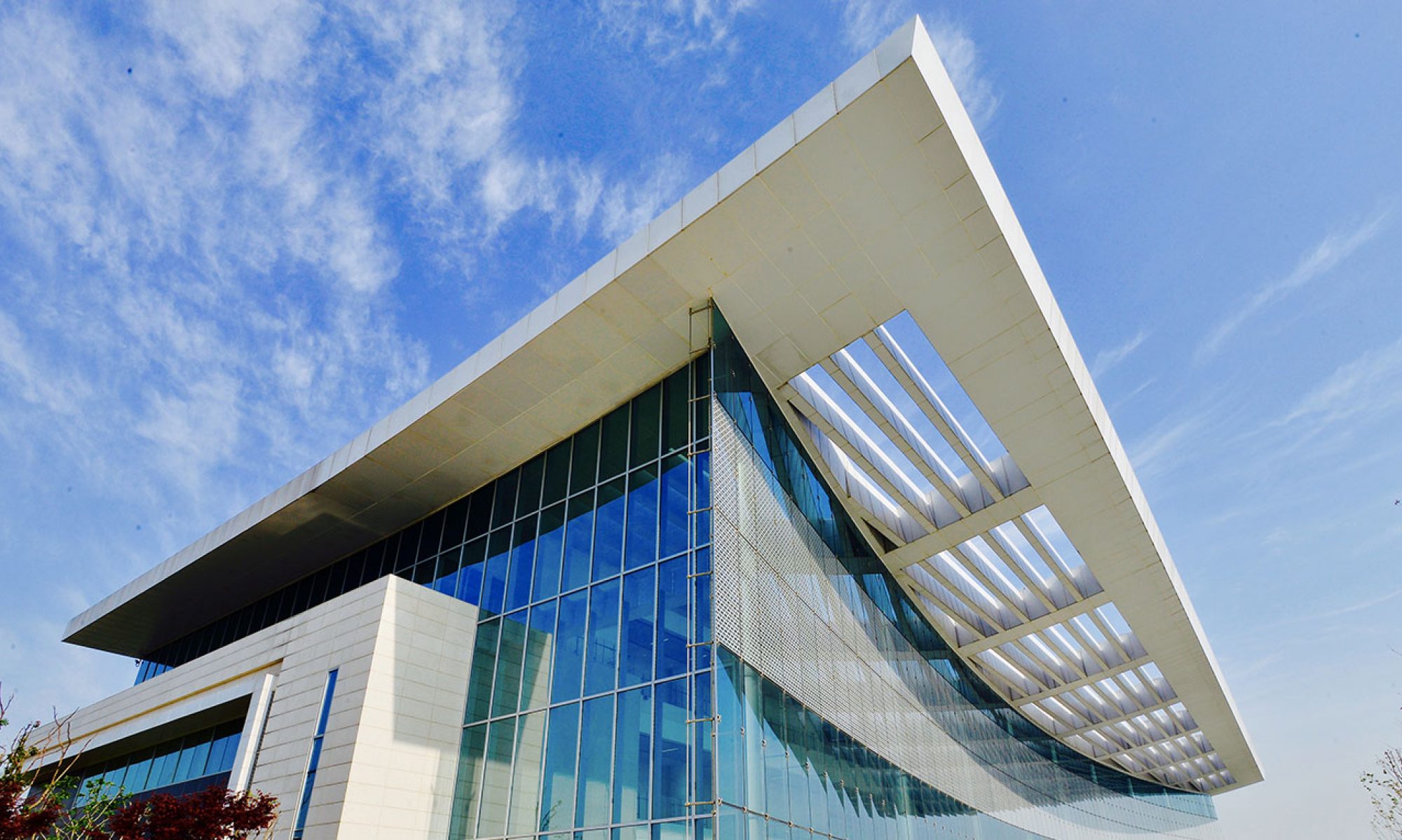In February 2022, DKU’s Humanities Research Center launched two new research labs: Anthropocene XR Lab and The Citizenship Lab. The labs will enhance the research capacity and profile of Duke Kunshan University, and provide opportunities for research training for students.
Anthropocene XR Lab
- Professor Charles Chang (Environmental Policy)
- Professor Jung Choi (Art History & Visual Studies)
- Professor Wanggi Jaung (Environmental Policy)
- Professor Xin Tong (Computation & Design)
Anthropocene XR Lab is interested in how, in combination of physical and virtual environment, we can expand our understanding of human beings and nature. While physical environment puts a constraint on what scholars can experiment with human participants, XR technologies can enable them to experience an environment or event that is inaccessible or invisible. Consider a marine environment in deep ocean or a decisive battle in history. XR can expose participants to such conditions that previously methods in the humanities and social sciences have difficulty to provide, which enables us to explore research questions in history, art, culture, and society. Existing scholarship has dedicated to oversized impact of human activities on natural environment. Most of them focus on the actual negative consequences of human activities on the natural environment, such as carbon emissions, land use change, and pollutions. In our lab, we focus on both living and hypothetical scenarios of human interactions with the environment. We plan to support research that utilizes XR technologies in such areas. We define XR as a tool— digital media technologies that can manipulate or reconstruct actual human experiences—for example AR, VR, XR, digital fabrication, and AI generated media.
The Citizenship Lab
- Professor Robin Rodd (Anthropology)
- Professor Quinlan Bowman (Ethics & Public Policy)
The Citizenship Lab seeks to explore the socio-cultural and political dynamics that drive expansions of and restrictions on diverse political communities, the capacity to participate within these communities, and shifting understandings of the rights and responsibilities of the citizen. The Lab is oriented around three focal dimensions: the spatial, the temporal, and the ecological.
Spatial Expansions and Restrictions: While citizenship is usually equated with membership in a state, people can be members of overlapping political communities that exist at smaller or larger scales (e.g., self-governing cooperatives, cities, nation-states, and internationally federated movements like Via Campesina). Transnational movements that act on international institutions reveal efforts to expand political communities, and notions of participation, rights, and responsibilities, beyond the state. Equally, expansions of border walls, and increasing numbers of refugees and stateless peoples, evince barriers to the formation of certain political communities between states and to the enjoyment of the rights associated with them. Meanwhile, the unequal distribution of rights and resources within states has spawned mass uprisings and new political communities around the demands of diverse peoples and activists, including feminists, first nations, and afro-descendent peoples, as well as those of anti-vaxxers, neo-fascists, and others. COVID-19 has reinforced existing socio-economic inequalities within states, and the biological basis of national citizenship through the imposition of bioinformatically-regulated restrictions on movement. However, nationally based movements often draw on transnational networks and discourses to frame demands for rights and justice, pushing back against recent trends toward the closure of borders and civic spaces.
Temporal Expansions and Restrictions: While political communities are often conceived in spatial terms, as expressed through the logic of passports and borders, they can also be temporally framed. Decolonial and environmental movements have, in different ways, opened discussions around the temporal aspects of shared responsibilities for justice. Decolonial movements topple monuments that symbolize and legitimize histories of racial violence, and oppose development projects that threaten the future of human and non-human life. Recognition of the responsibility of citizens for past violence pushes the temporal bounds of community, rights, and citizenship in new directions, just as – in the face of catastrophic climate change – new notions of responsibility for future persons do. Protections for the rights of future citizens are written into some constitutions, while citizens elsewhere sue their elected politicians for not taking adequate climate action now to limit future threats to life and livelihood.
Ecological Expansions and Restrictions: The opposition between humans (capable of participation in political communities) and non-human animals (incapable of such participation), on which Western notions of citizenship rest, is now challenged on multiple fronts. Trans-species political communities are emerging from both liberal-Western and indigenous cosmologies. Animal rights advocates draw on ecological, economic, and ethical arguments to call for an end to industrial meat production and the extension of rights and citizenship to animal domesticates. Similarly, advocates for the rights of nature seek to extend a human rights framework to environments, including forests, water systems, mountains, and other ecological assemblages. Arguably, these positions assume the inter-dependence of humans and non-humans without transcending Western ontologies. Indigenous political movements, on the other hand, are advocating for the right to continue making political communities according to non-dualistic ontological premises. Recognition of anthropogenic climate change has spawned diverse political communities operating in national and transnational settings, and transformed discourses around citizen participation and corporate responsibility. On the other hand, the increasing visibility of climate change and environmentalist political communities has also led to state and para-state repression of environmental and indigenous activists around the world.
